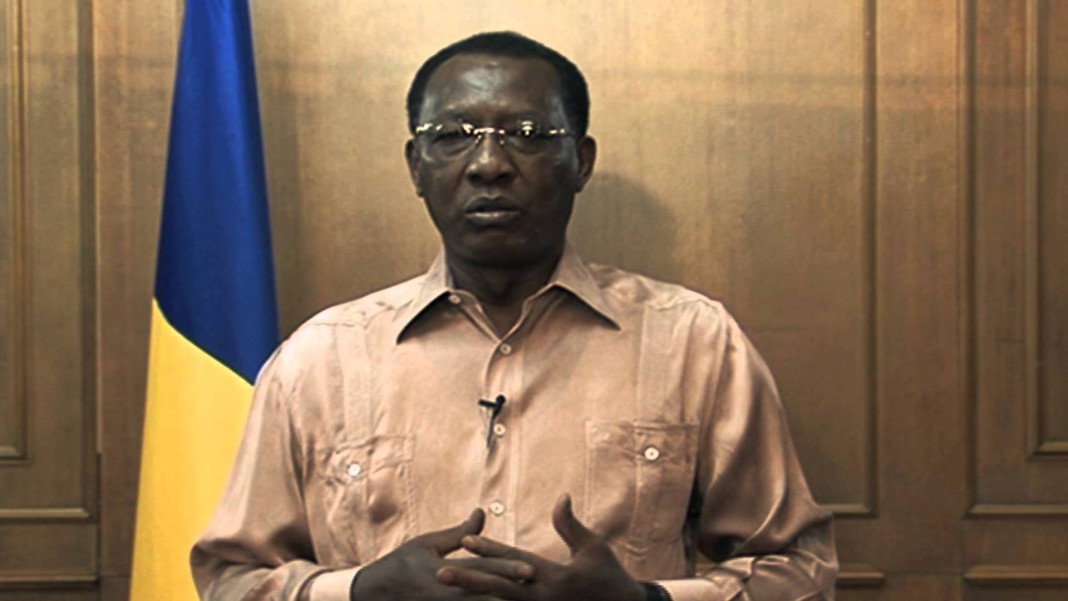The African Leaders Malaria Alliance (ALMA) met on the sidelines of the 26th African Union Summit to celebrate unprecedented progress against malaria in Africa, reiterating their commitment to eliminating the killer disease on the continent by 2030.
Thirty-four Heads of State and Delegation joined the annual meeting, which was chaired by Ethiopian Prime Minister Hailemariam Dessalegn, the current chair of ALMA, who is to be succeeded by Chad President Idriss Déby Itno.
“We have an exceptionally strong platform from which we can now work to finally eliminate malaria from the continent once and for all,” said Déby.
Since 2000, malaria mortality rates in Africa have fallen by 66 percent overall and 71 percent among children under five.
“The African Leaders Malaria Alliance is a model for what we can do when we commit ourselves to a collective goal. Our progress is undeniable,” said Liberian President Ellen Johnson Sirleaf, adding: “This is what it looks like when we work together – this is how we build a better future for Africa.”
At the meeting, ALMA presented its annual Awards for Excellence to 13 African countries that have shown commitment, innovation and progress in the fight against malaria.
The countries include Botswana, Cape Verde, Eritrea, Namibia, Rwanda, São Tomé and Príncipe, South Africa, and Swaziland for achieving the Millennium Development Goals (MDGs) target for malaria
Rwanda, Senegal and Liberia were awarded for Performance in Malaria Control between 2011 and 2015, while Mali, Guinea and Comoros were recognized for being the Most Improved in Malaria Control between 2011 and 2015.
“These are impressive achievements,” said UN Secretary-General Ban Ki-moon, adding that, “they are a result of your vision of a malaria-free world.”
Many African leaders have made fighting malaria a key focus over the past several years, assisted by commitments from donors such as the Global Fund to Fight AIDS, Tuberculosis and Malaria, the United States’ President’s Malaria Initiative, the United Kingdom’s Department for International Development and the French government.
But the job is not finished. There were 188 million case of malaria in Africa last year, and an African child still dies every two minutes from the disease.
“Despite the remarkable achievements, we should not lose sight that malaria remains a disease of poverty and a major public health concern particularly in Africa,” Prime Minister Dessalegn, said, adding: “We must therefore continue to invest in malaria interventions in order to reduce malaria cases and deaths.”
The leaders committed to achieving and sustaining high levels of coverage with effective interventions. They committed to increasing domestic public and private funding. They acknowledged the recent enhanced commitments by the U.K. and U.S. governments, and called for similar commitments from other partners, including supporting the replenishment of the Global Fund.
The leaders reviewed the ALMA Scorecard for Accountability and Action and the ALMA 2030 Scorecard Towards Malaria Elimination. Building on these, leaders committed to develop their own national malaria control and elimination scorecards with an accountability and action mechanism.








